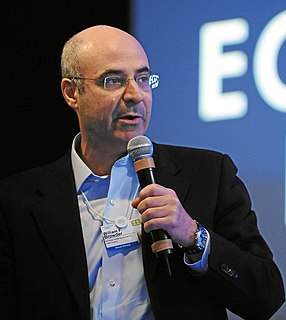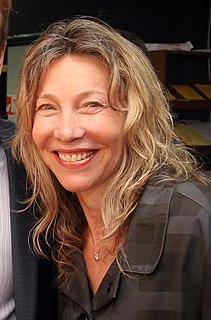Цитата Пола Китинга
Управляющий [Австралийского резервного банка] Макфарлейн недавно сказал, что когда Пол Волкер сломал хребет американской инфляции, это было расценено как политический триумф западного мира. Когда я сломал хребет австралийской инфляции, они сказали: «О, это вы подняли процентные ставки». Разве я не тот парень, который дал им 15 лет хорошего роста и большого богатства?
Темы цитат
Связанные цитаты
Я скажу так: центральные банки действительно могут поддерживать рост сверх определенной точки. Когда нет инфляции, они могут снижать процентные ставки, и таким образом они поддерживают рост, но если вы урезаете процентные ставки до костей, сокращать больше нечего. Очень трудно поддерживать рост сверх этого.
Я думал, что поступил умно, поприветствовав агентов по кастингу с моим австралийским акцентом, а затем переключившись на американский во время выступления. Но австралийский акцент, похоже, их отпугнул. Теперь все наоборот; они любят австралийцев. И с моим сильным калифорнийским акцентом мне теперь трудно убедить их, что я австралиец.
Чтобы общество функционировало, между конкурирующими интересами кредиторов и должников должен поддерживаться некий разумный баланс. Хотя мандат Банка Канады заключался в поддержании тонкого баланса между поощрением роста и борьбой с инфляцией, Банк решил сосредоточиться исключительно на борьбе с инфляцией. При этом он сильно упал в пользу тех, у кого были финансовые активы, которые нужно было защитить, и против тех, чьей основной потребностью была работа.
Ну, я наполовину австралийка, наполовину англичанка и живу в Лондоне. Это единственная причина, по которой я наткнулся на эту историю. Моя австралийская мать, Мередит Хупер, была приглашена в конце 2007 года некоторыми австралийскими друзьями, чтобы составить символическую австралийскую аудиторию в крошечном театральном спектакле, читающем неспродюсированную, неотрепетированную пьесу под названием «Король говорит».
Ну, я наполовину австралийка, наполовину англичанка и живу в Лондоне. Это единственная причина, по которой я наткнулся на эту историю. Моя австралийская мать, Мередит Хупер, была приглашена в конце 2007 года некоторыми австралийскими друзьями, чтобы составить символическую австралийскую аудиторию в крошечном театральном спектакле, читающем неспродюсированную, неотрепетированную пьесу под названием «Король говорит».































